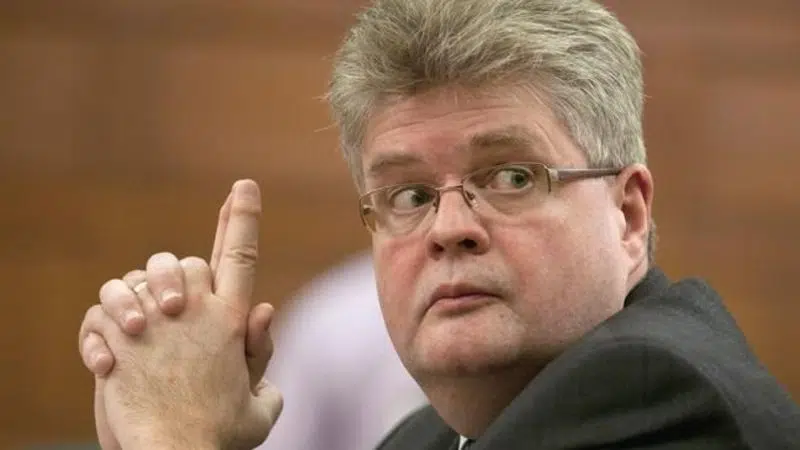
Ethics boss Dion’s professional lifetime spent trying to make government work
OTTAWA — Mario Dion’s appointment as ethics commissioner in 2017 was slammed by opposition MPs as “just ragingly incompetent and frustrating and cynical.”
How can we trust you, they thundered. We weren’t consulted before you were hired. Your history in the civil service is checkered.
“Are you tough, are you fair, are you a dog with a bone?” NDP MP Nathan Cullen asked Dion at a hastily-convened committee to review the appointment.
While opposition parties may not have trusted the appointment, they certainly didn’t hesitate this week to trust the damning report Dion has now released on Prime Minister Justin Trudeau.


